Best African Safaris & Travel Services – African Authentic Safaris Ltd
SEAWEED FARM TOUR | Women’s Empowerment & Sustainable Enterprise
from 0 review
Day Trip
Daily Tour
Unlimited
___
Description
Discover the fascinating world of seaweed farming, Zanzibar’s second-largest industry after tourism, with our enlightening Seaweed Center tour in Paje. This unique cultural and educational experience offers insight into a sustainable enterprise that has transformed the economic landscape for coastal women across the island. Located on the southeastern coast, the Seaweed Center functions as a social enterprise creating opportunities for female seaweed farmers to improve their standard of living through value-added production and direct market access. During this engaging visit, you’ll learn about the entire seaweed production cycle—from ocean cultivation to high-quality cosmetic products—while witnessing firsthand how this industry empowers local women through economic independence. Depending on tide conditions, you’ll have the remarkable opportunity to observe farmers harvesting their underwater crops, followed by an informative tour of the processing center and factory where raw seaweed is transformed into luxurious natural skincare products. This meaningful excursion connects visitors with an authentic aspect of Zanzibari coastal life while supporting community-based sustainable development.
Highlights
- · Education about seaweed farming techniques and sustainable marine agriculture
- · Opportunities to observe seaweed harvesting in action (tide-dependent)
- · Guided tour of the processing center and production facility
- · Demonstrations of how seaweed becomes luxury beauty products
- · Interaction with female seaweed farmers and entrepreneurs
- · Insights into the economic empowerment of coastal women
- · Support for community-based sustainable development initiatives
- · Opportunities to purchase organic, locally-produced skincare products
Detailed Itinerary
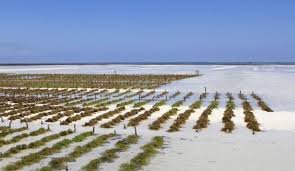
Your seaweed exploration begins with a convenient pickup from your accommodation and a scenic drive along Zanzibar’s eastern coastline to Paje village, renowned for its pristine beaches and thriving seaweed cultivation. Upon arrival at the Seaweed Center, you’ll receive a warm welcome from the center’s representatives who will provide an introduction to this community-based enterprise and its significant impact on local women’s economic independence. Your guide will explain how seaweed farming emerged as a vital income source for coastal communities, particularly benefiting women who traditionally had limited economic opportunities. If tidal conditions permit, the experience begins with a visit to the actual seaweed farms—shallow coastal areas where rows of seaweed grow attached to ropes stretched between wooden stakes. Here, you’ll observe local female farmers wading through knee-deep waters as they tend their crops, demonstrating the techniques used to plant, maintain, and harvest different seaweed varieties. Your guide will explain the cultivation process, including the challenges posed by changing ocean temperatures and the adaptations farmers have developed to ensure sustainable production. You’ll learn about the two primary species cultivated—cottonii and spinosum—each with different properties and market values. Returning to the Seaweed Center, you’ll visit the processing facility where harvested seaweed is thoroughly cleaned, dried on raised platforms, and prepared for export or local product manufacturing. The tour continues to the production workshop, where skilled women demonstrate how raw seaweed is transformed into high-quality soaps, essential oils, body creams, scrubs, and other natural cosmetic products. You’ll witness the entire production process, from initial processing to attractive packaging, learning how these value-added activities multiply the income generated compared to selling raw seaweed alone. Throughout the tour, you’ll have opportunities to interact with the women working at various stages of production, hearing firsthand how participation in this enterprise has impacted their lives and communities. The experience concludes with time to browse and purchase the center’s organic, locally-made products—beautiful souvenirs that directly support the female entrepreneurs who created them.
- · Meet and Greet Services with assistance
- · All ground transfers with assistance
- · Express check-in with assistance in your Hotels and Safari Lodges
- · Transport in a comfortable custom-built safari vehicle while on safari
- · All park entry fees
- · Full board accommodation whilst on Safari
- · Unlimited game viewing drives per day whilst on safari
- · All Government taxes and levies where applicable
- · All internal flights
- · International Airfares
- · Tourist entry Visa
- · Travel Insurance (recommended)
- · International airport(s) departures taxes
- · Optional excursions not mentioned in the inclusions and/or quoted separately
- · Expenditures of personal nature such as telephone calls, faxes, e-mails, laundry etc.
- · All alcoholic drinks, soft drinks, wines and spirits
- · Tips and gratuities to driver guides/lodge/hotel staff
- · All other extras not mentioned in the included
Tour's Location
Why is seaweed farming so important to Zanzibar’s economy and communities?
Seaweed farming represents Zanzibar’s second-largest industry after tourism, providing sustainable income for over 25,000 coastal residents, predominantly women (80% of farmers). This marine cultivation began in the 1980s as a development initiative and now produces over 11,000 tons annually, generating $3.5 million in exports. Beyond economic benefits, seaweed farming creates female financial independence in traditionally patriarchal communities, enabling women to fund children’s education, improve housing, and establish savings groups.
How does seaweed farming work in Zanzibar’s coastal waters?
Farmers cultivate seaweed in shallow intertidal zones using the “off-bottom method”—stretching ropes between wooden stakes anchored in sandy seafloors. Seaweed seedlings are tied to these ropes using recyclable plastic strips, then tended during low tides over 45-day growing cycles. The two primary species—cottonii (Kappaphycus alvarezii) and spinosum (Eucheuma denticulatum)—thrive in Zanzibar’s nutrient-rich waters. Harvesting occurs during low tide, when farmers collect mature plants, replant portions as seedlings, and transport their harvest to drying platforms.
What products are created from Zanzibar’s seaweed and what are their benefits?
The Seaweed Center transforms raw seaweed into premium natural cosmetics including soaps, moisturizers, scrubs, essential oils, and massage oils. These products harness seaweed’s remarkable properties: high mineral content (particularly iodine, calcium, and magnesium), natural antioxidants, and hydrating compounds that benefit skin. Traditional Zanzibari spices like cinnamon, cloves, and lemongrass are incorporated into unique formulations. All products use natural ingredients without artificial preservatives, creating authentic, eco-friendly alternatives to commercial cosmetics.
What challenges do Zanzibar’s seaweed farmers face in their work?
Seaweed farmers confront increasing challenges from climate change as rising ocean temperatures cause “die-offs” of certain seaweed varieties. Unpredictable weather patterns and stronger tides damage cultivation areas, while seasonal seaweed diseases affect productivity. Additionally, declining global market prices for raw seaweed pressure farmers economically. The Seaweed Center addresses these challenges through value-added production, research into heat-resistant varieties, improved cultivation techniques, and creating direct market access that bypasses middlemen to increase farmer earnings.
How does the Seaweed Center specifically empower women in Zanzibar?
The Center operates as a social enterprise providing comprehensive support to female seaweed farmers through multiple initiatives: skills training in cosmetic production techniques, business management education, microfinance opportunities, literacy programs, and direct market access. By transforming raw seaweed into finished products, participating women earn 300-400% more income compared to selling unprocessed seaweed. The Center also provides childcare facilities, enabling mothers to participate fully, and creates leadership opportunities through its cooperative governance structure.
Will visitors get wet during the seaweed farm visit? What should I wear?
Observing active seaweed farming typically involves wading in ankle to knee-deep water during low tide. We recommend wearing shorts or pants that can be rolled up, water-
friendly shoes (reef/water shoes ideal), and sun protection (hat, sunscreen, sunglasses). For those preferring to stay dry, observation from the beach edge is possible, though less interactive. Bring a change of footwear for comfort after the water portion. The processing center visit requires no special clothing.
Is the Seaweed Center tour suitable for children?
This tour ranks among Zanzibar’s most educational family experiences, offering children tangible connections between ocean farming, product creation, and community development. Kids particularly enjoy the hands-on aspects—touching different seaweed varieties, seeing processing demonstrations, and sometimes participating in simple soap-making activities. The center staff are experienced with young visitors and adapt explanations appropriately. The shallow-water farm visit is safe for water-confident children, with life jackets available for younger participants.
How long does the Seaweed Center tour last and what’s the best time to visit?
The standard tour lasts approximately 2-3 hours, making it an ideal half-day excursion. Morning visits (8:30-11:30am) offer optimal conditions for observing farm activities, as low tides typically occur during morning hours and temperatures are more comfortable for the beach portion. The best months are June through September when seaweed growth is abundant and weather conditions are favorable. Tide tables determine exact scheduling, as farm visits must coincide with low tide periods.
Can visitors purchase seaweed products directly from the center?
Yes, the center operates a retail shop featuring their complete product line including soaps (200+ varieties incorporating local spices and essential oils), moisturizers, body scrubs, massage oils, and seaweed-infused shampoos. These high-quality products make exceptional souvenirs that directly support the women’s cooperative. Prices range from $5-25, with special gift packages available. Products are properly packaged for international travel, and shipping services can be arranged for larger purchases.
How does the Seaweed Center tour differ from other cultural experiences in Zanzibar?
Unlike experiences focusing on Zanzibar’s past, the Seaweed Center showcases contemporary sustainable development and female entrepreneurship. This forward-looking tour demonstrates how traditional communities adapt to modern economic opportunities while maintaining environmental stewardship. Visitors interact with working producers rather than performers, gaining authentic insights into daily coastal livelihoods. The experience highlights female economic empowerment specifically, offering perspectives on gender dynamics rarely addressed in standard cultural tours but crucial to understanding modern Zanzibar.

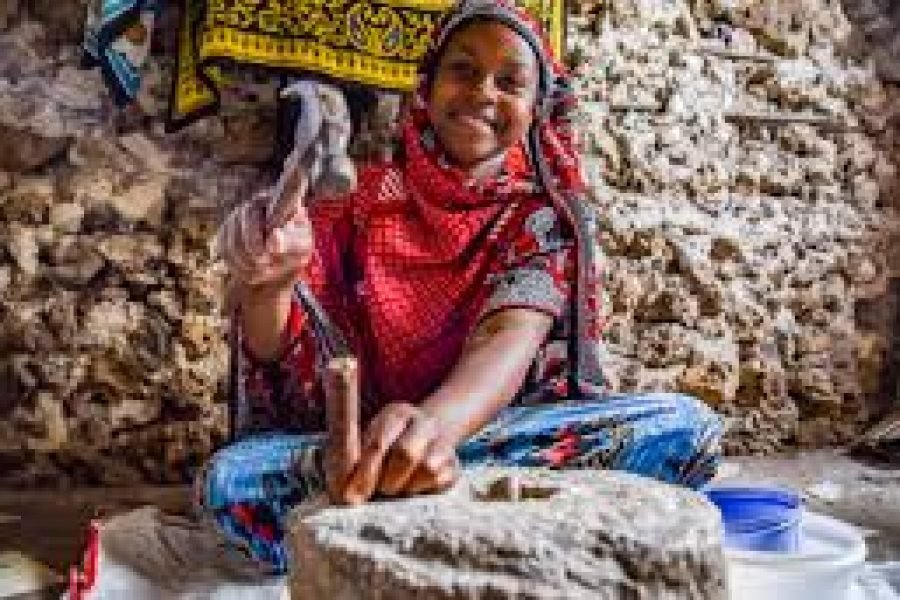
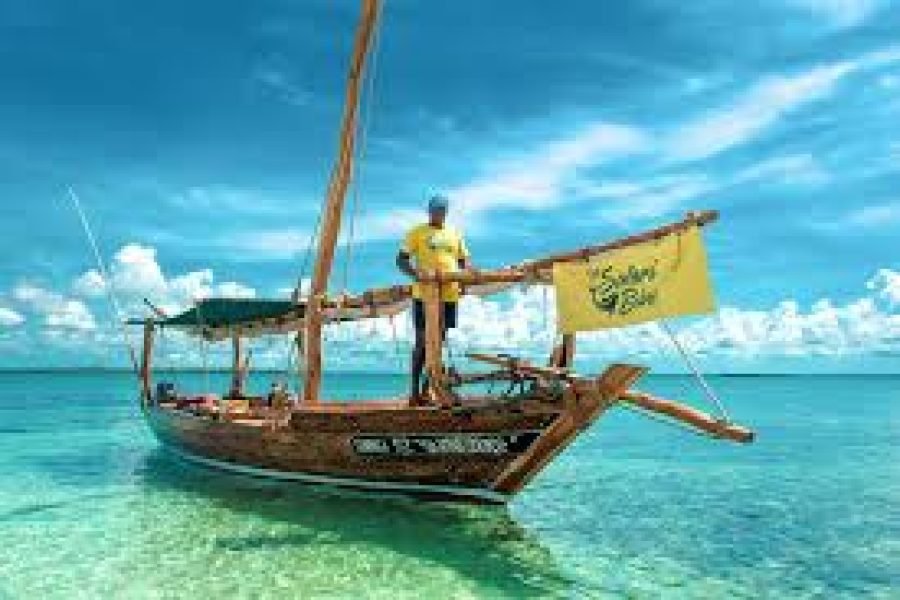
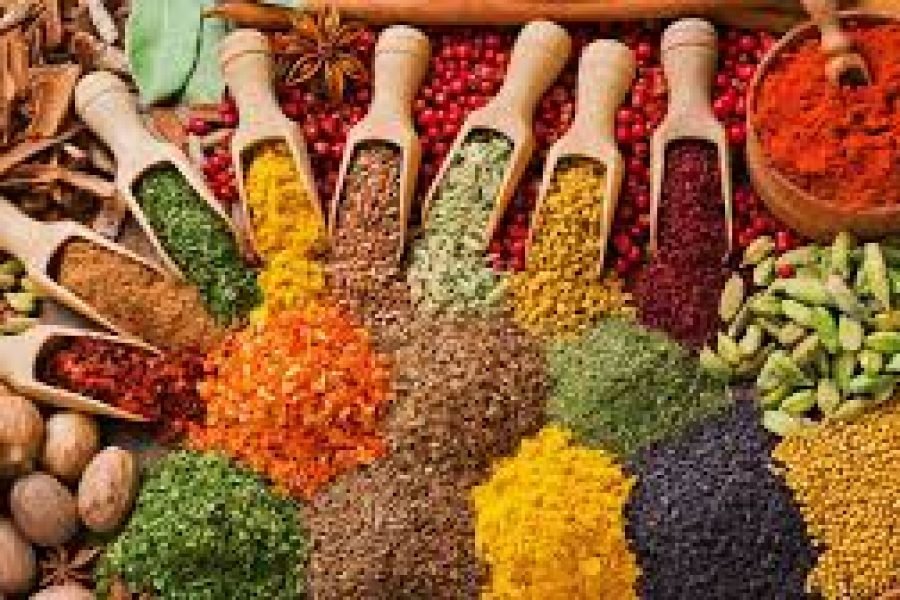
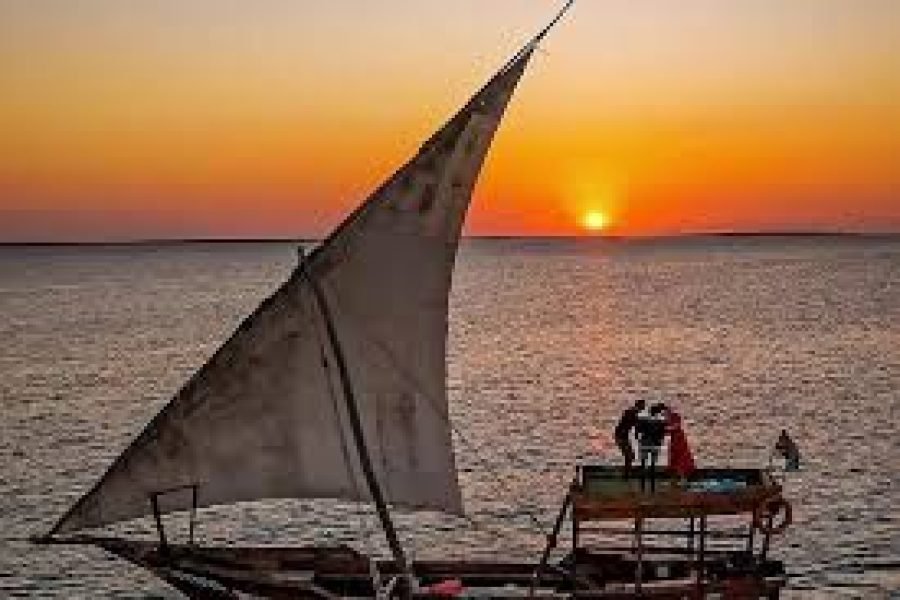
Leave a review